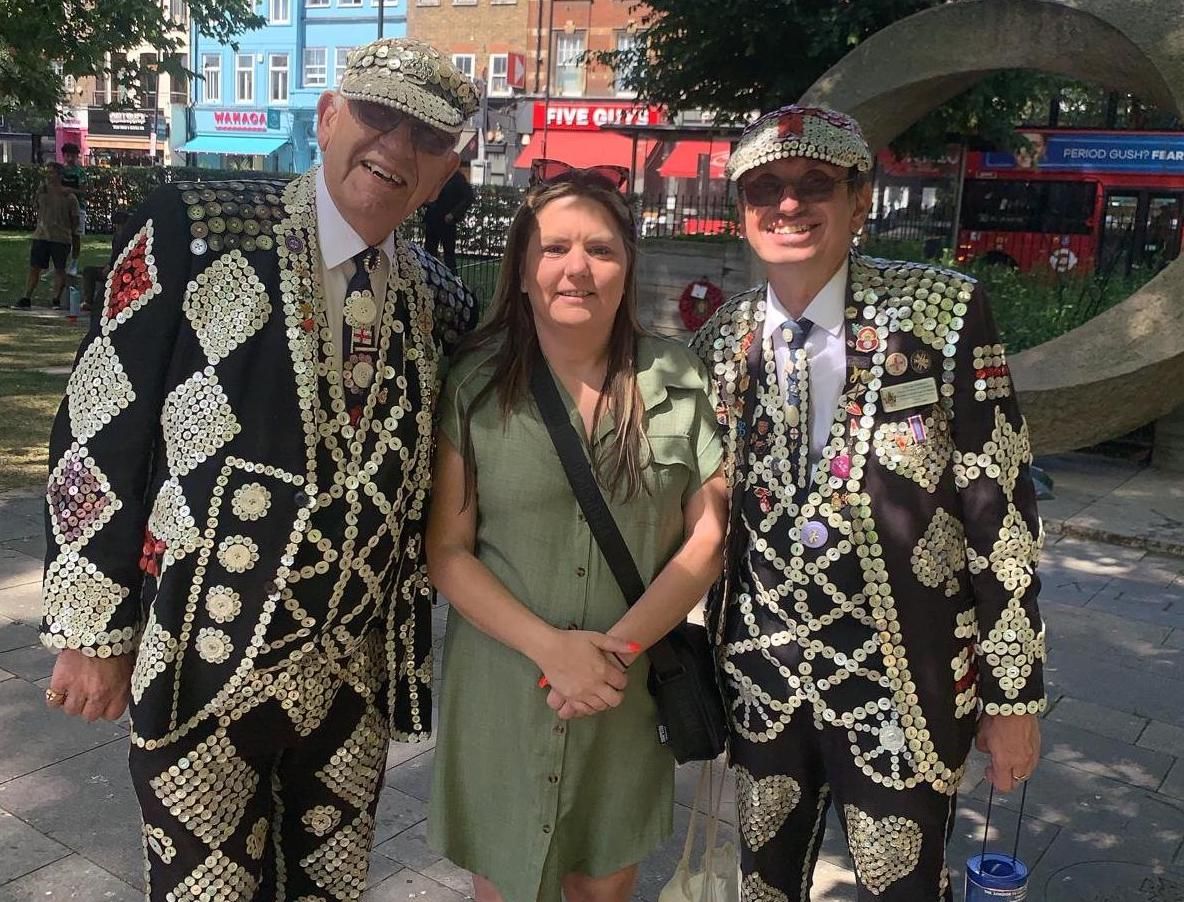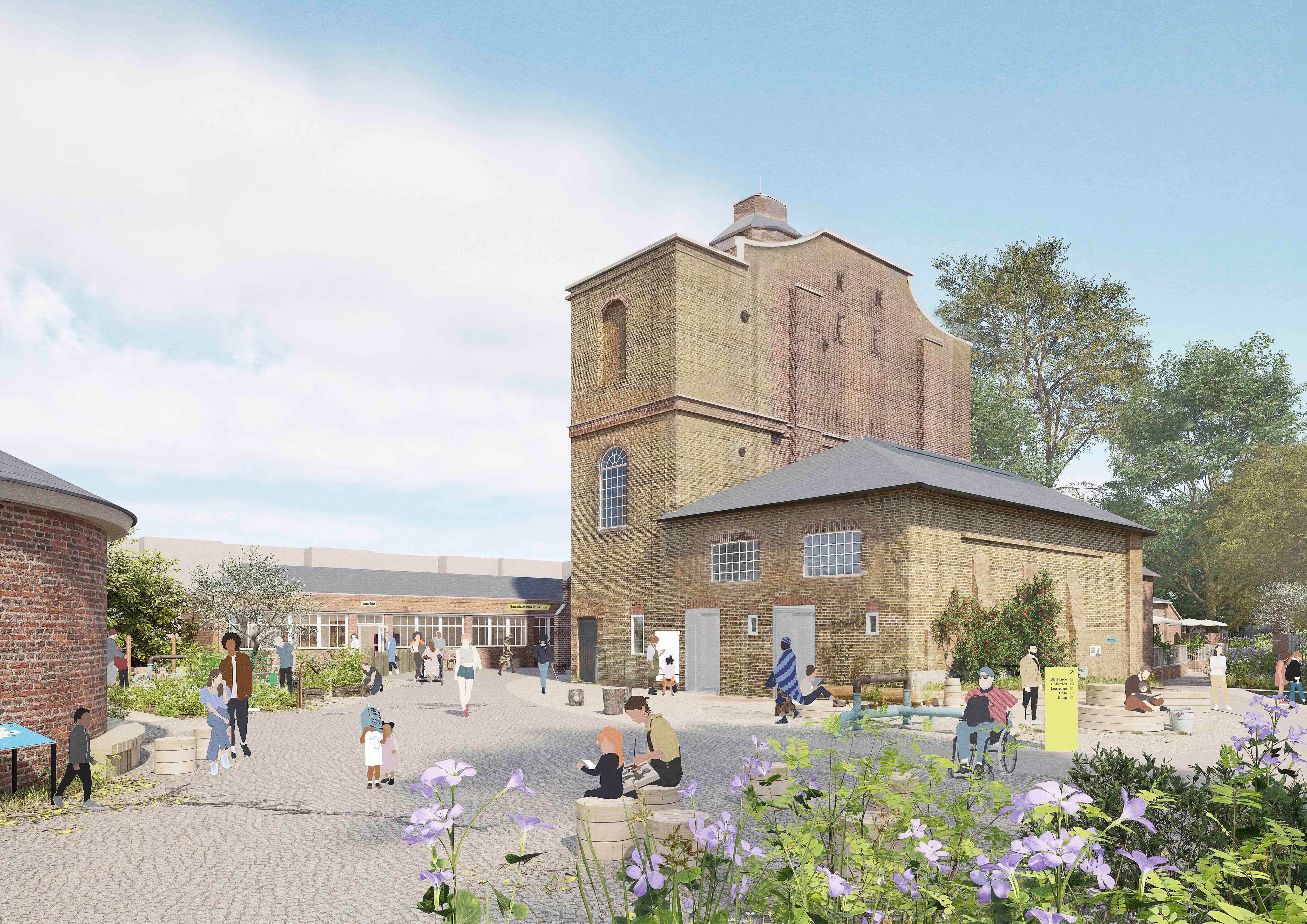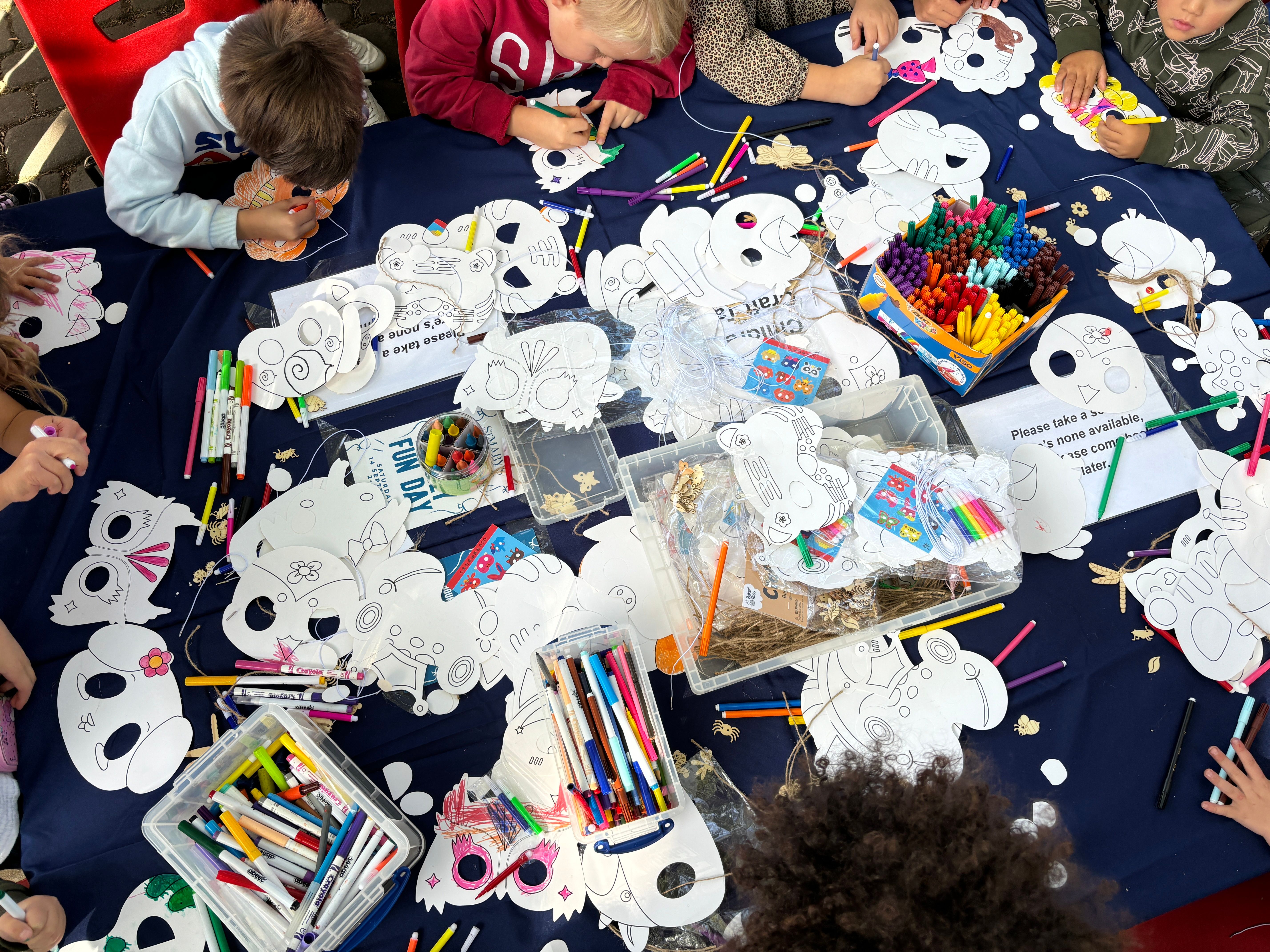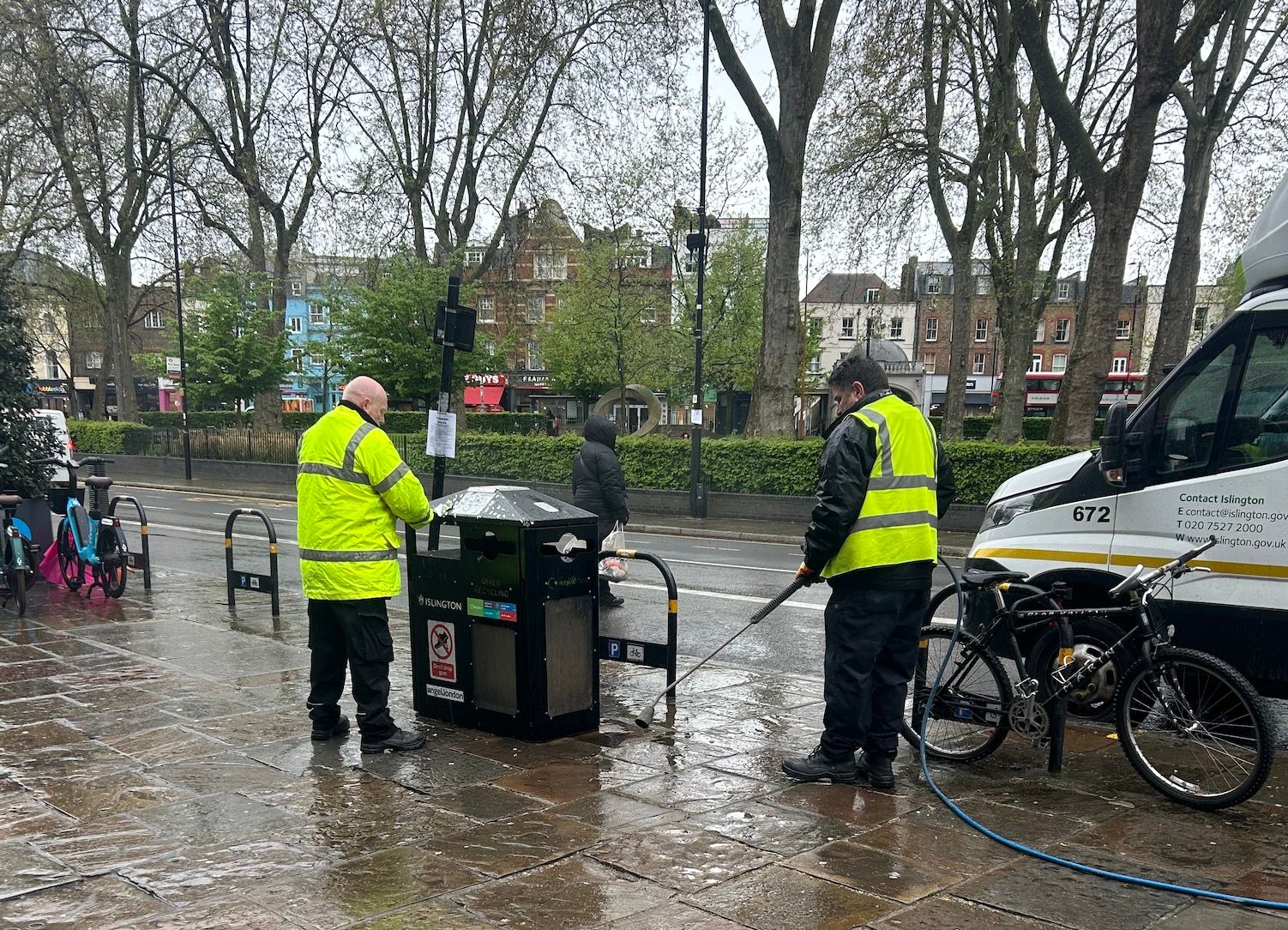New anti-apartheid centre development breaks ground
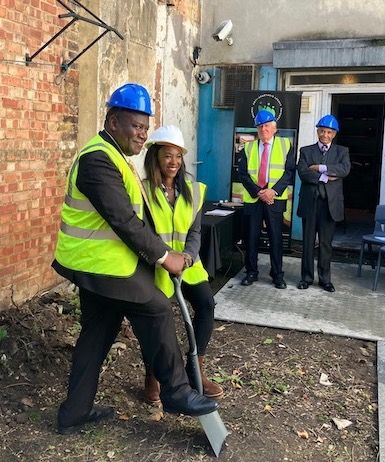
A significant step forward in establishing Europe’s first anti-apartheid museum and cultural centre began this week with a breaking-ground ceremony.
The site at 28 Penton Street, Islington, the former HQ of the exiled African National Congress, which was bombed by the apartheid regime in 1982, is to be transformed into The Anti-Apartheid Legacy: Centre of Memory and Learning. The £3.5 million project will create Europe’s first and only venue dedicated to the history of the Anti-Apartheid Movement in Britain, and aims to empower contemporary communities through education, arts, and culture, using the legacy and values of the anti-apartheid struggle as a foundation.
Attending the event yesterday (October 16), organisers were joined by Dr. Debbie Weekes-Bernard, London's Deputy Mayor for Communities and Social Justice, and trustees of the Liliesleaf Trust UK, Professor Chris Mullard, Lord Peter Hain, and the His Excellency, J.N. Kingsley Mamabolo, the South African High Commissioner to UK and Northern Ireland. The Trust is a UK charity established by former anti-apartheid activists in 2018, to advance public knowledge of the UK’s central role in the international movement to end apartheid in Southern Africa.
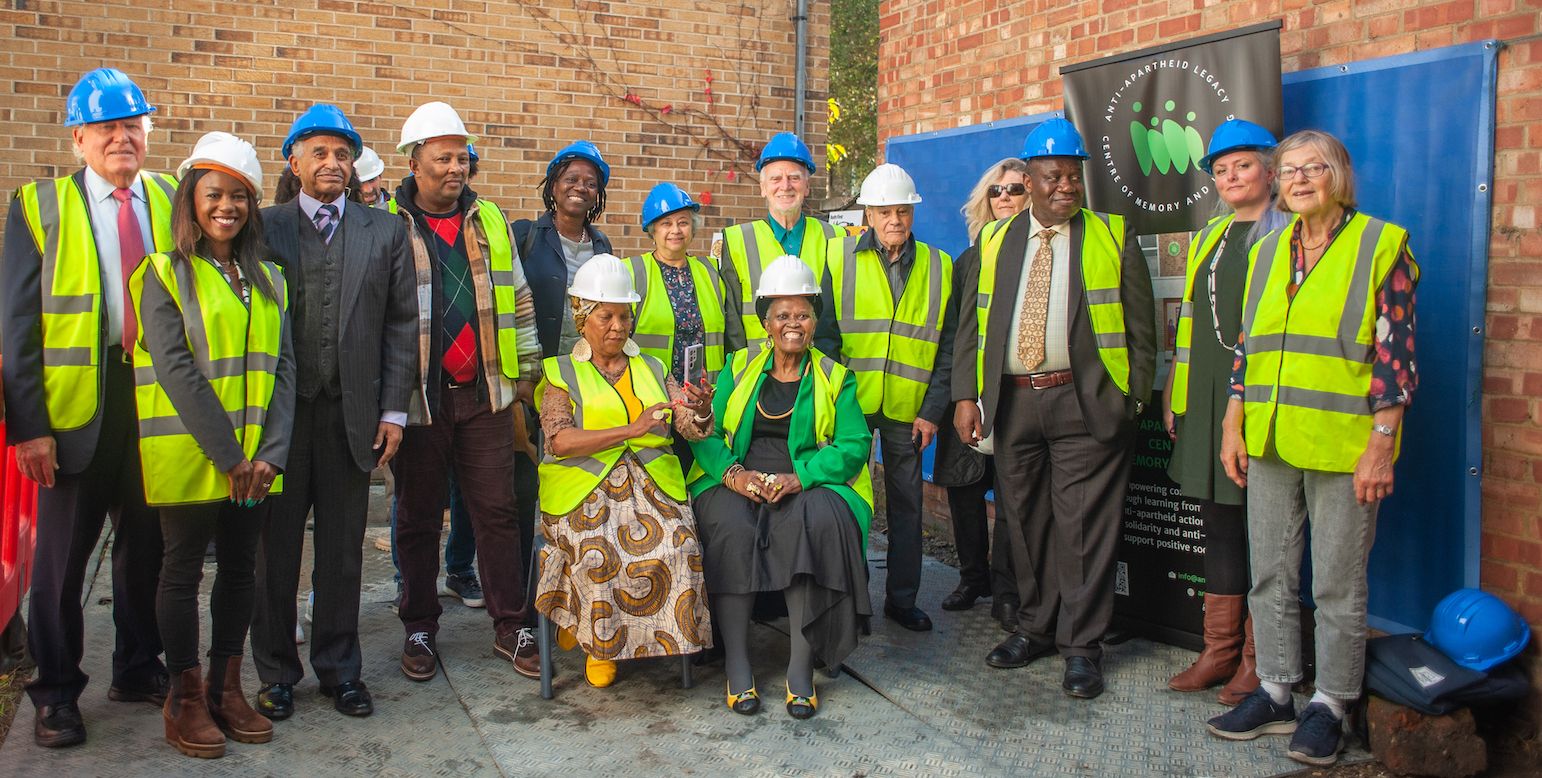
The timing was also significant, marking 30 years since South Africa’s first democratic election in 1994, and the end of apartheid. This UK charity was established by former anti-apartheid activists in 2018 to advance public knowledge of the UK’s central role in the international movement to end apartheid in Southern Africa.
Professor Chris Mullard, Chair of the Liliesleaf Trust UK, which is leading the project, said: "We're grateful to our funders and supporters for making this project possible. The Centre will reduce inequality, promote inclusivity, and empower communities. After engaging over 60,000 people in five years, the Centre will be a permanent home for our work, making the history of anti-apartheid solidarity accessible and highlighting how collaboration led to social change.”
The Rt Hon. Lord Peter Hain, Trustee of The Liliesleaf Trust and veteran anti-apartheid activist, said: “Reopening this building firebombed by apartheid secret agents just over 40 years ago will act as a beacon for the values of the anti-apartheid struggle – human rights, social justice and equal opportunities which still have to be fought for today in Britain and right across the world."
His Excellency, J.N. Kingsley Mamabolo, South African High Commissioner to the UK and Northern Ireland said: "It is fitting that in the 30th anniversary year of South Africa’s democracy, we celebrate Europe’s first museum dedicated to South Africa’s heritage and the global solidarity that supported its freedom. The road to 1994 was long and painful, but unity prevailed. In 2024, we reflect on lessons learned, building the world we aspire to. I’m proud that South African history, a global history, will inspire action, solidarity, and cooperation at this centre."
Dr Debbie Weekes-Bernard, London's Deputy Mayor for Communities and Social Justice, said: “We’re proud that London will be home to Europe’s first museum and cultural centre dedicated to anti-apartheid history. For 16 years, this site in Islington played a key role in the international opposition to apartheid and it’s important that we honour all of the work that was done to help change the lives of so many people. We must continue to learn from the terrible errors of the past if we are to tackle the racism and inequality that still exists in our society, as we build a fairer London for everyone.”
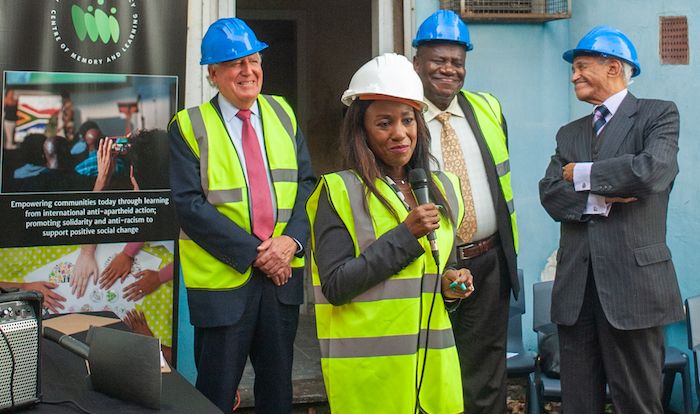
From 1978 to 1994, 28 Penton Street served as a base for ANC leaders and international opposition to apartheid. The building, home to Oliver Tambo and Thabo Mbeki, was recognised in 2014 with a plaque marking Nelson Mandela's election 20 years earlier. The new Centre will feature a permanent exhibition on the anti-apartheid movement, display archival material, and offer a temporary gallery for contemporary issues like migration and inequality. There will also be learning, volunteering, and employment programs, plus affordable workspaces for community groups.
The Centre aims to engage the local and wider community through education and outdoor spaces, including a garden and arts programming. Intergenerational conversations, heritage tours, and oral history projects to preserve stories at risk of being lost, while a formal education program and volunteer opportunities will allow visitors to learn new skills and connect with the site's legacy. The Centre’s online offer extends its reach to a wider audience.
Find out more about the project, and donate, here.
